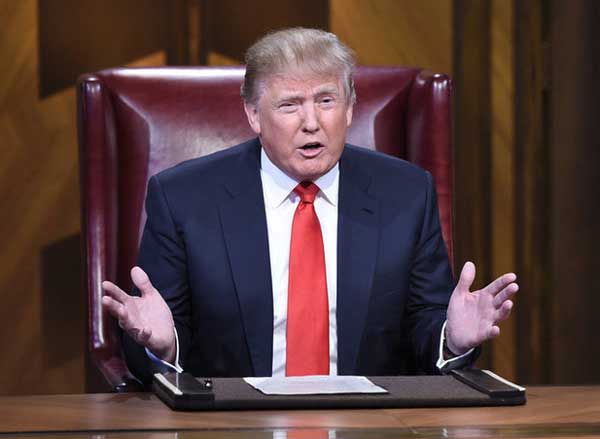The announcement of President Trump last week expressing his willingness to hold a summit with Iran with ‘no preconditions’, after a chain of threatening exchanges between him and President Rouhani, for a new model of US-Iran Nuclear deal indicates yet another flip flop in US policies. It is unlikely to be taken seriously so easily, after witnessing US withdrawal from the Joint Comprehensive Plan of Action (JCPoA) of 2015 with Iran (Commonly known as Iran Nuclear Deal) even at the cost of differing with its allies and strategic partners, who have critical trade relations with Iran.
Can any Future US – Iran Nuclear Deal succeed?
The intent of JCPoA in 2015 in which the United States and allies agreed to reduce sanctions on Iran, was that it will give up the means to make nuclear weapons. This remains unchanged, when President Trump says that Iran cannot be allowed to go nuclear. The Republicans were not too happy with its clauses at that time and made it an election issue, which President Trump delivered by walking out of it. I do not think that the intent of US has changed even now. President Trump duly supported by Israel has managed to raise the temperatures by rhetoric, provocative speeches, renewed sanctions on Iran, and tried to curtail their oil exports, but it has not worked. US knows that it cannot up the ante beyond economic, diplomatic and information warfare domain, because further pressure is likely to push Iran towards nuclear bomb even faster than what US expects. While US may be ready for Summit, it will have to struggle very hard to find a workable replacement deal to the existing deal, which can be devoid of risks of failure, with no change of intention expressed in JCPoA, 2015, and may eventually find that the previous deal was not too bad to meet their strategic interests.
Additional Complexities, but Compromise is Possible
The situation is much more complex in this case because none of its allies, who were part of JCPoA, 2015, have walked out of it so far. This has also raised doubts over the reliability, credibility and stability of policies of US to continue with a signed commitment, which can have repercussions on complete denuclearization of North Korea, which may think twice before complete verifiable, irreversible denuclearization. The emergence of a pro-Iran lobby to include Russia, Turkey, Qatar and China to oppose anti-Iran lobby including USA, Israel, Saudi Arabia and some other neighbors, is another major change in international environment, which can speed up nuclear ambition of Iran, if pushed to wall. It is not easy to pressurize Iran which has great strategic significance due to its location as well as oil export, which concerns US allies, strategic partners and China. If Iran sustains sanctions and goes nuclear, it will encourage others like Saudi Arabia also to go nuclear creating further instability in the region. An ill-defined meeting with Iran is not likely to yield much, in such an environment. I sincerely feel that compromises are possible; because of some of US allies are still honoring JCPoA, 2015, so far, and the inclination of President Trump to talk to Iran. In case US tries to strike a US centric deal with Iran in isolation, its acceptability by others may be doubtful. Having two concurrent deals (JCPoA, 2015 with EU and new arrangement with US) will cause utter confusion, and may not be to lead to any workable solution.
Impact on India: Is CAATSA waiver on Iran Possible after S-400?
As a strategic partner of India, US is aware that India has historic, cultural, and oil centric relations with Iran, which are deep rooted. Iran has jumped one notch up by becoming the second largest crude oil supplier to India and ‘Energy security is core interest’ for India. Connectivity with CAR and Chabahar port is another strategic compulsion of India. US has understood the need of S-400 missiles for India, based on Indian threat perception, and have agreed to give a waiver on CAATSA for its purchase from Russia. A similar waiver/understanding with US on the critical strategic issues of India with Iran including energy security is a fair expectation/ possibility.
I visualize that US sanctions on Iran may continue, but US may have to rethink about CAATSA, or modify it to suit fast changing strategic and economic global dynamics to make it more flexible. On the issue of Iran and Russia, it cannot afford to put EU, China, Russia and other strategic partners on sanctions together, and expect to make ‘America Great’. A rigid CAATSA may lead ‘America First’ to ‘America Alone’ hence it needs modifications to suit changing geopolitical environment.





